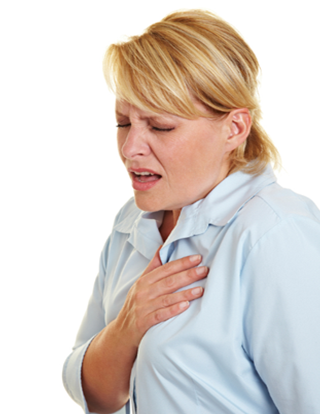
Did you know that there are people who are allergic to cold, yes ‘baridi’. Cold allergy in scientific terms is called cold urticaria, you may be suffering from this but have just not realized. Here are the symptoms
Like any allergy, the symptoms vary from one person to the other one but typical symptoms include

- Red hives on parts of the skin exposed to the cold air which begins just minutes after exposure and lasts roughly for two hours
- In severe cases, people may experience low blood pressure
- Heart palpitations,
- difficulty breathing,
- shock,

Although this condition is particularly relevant during the cold season, some people may have problems eating cold foods.
Dr. Eileen Wang, MD, MPH and assistant professor of medicine at National Jewish Health in Denver says: “If you get red, itchy, and swollen skin five to 30 minutes after exposure to the cold, you may have cold urticaria. Other symptoms include swollen hands when holding a cold drink, or swollen lips or tongue when drinking a cold beverage.”

How cold is too cold? Typically, symptoms will be triggered when temperatures dip below 39 degrees Fahrenheit.
According to health professionals, the exact number of people with the condition are unknown considering many do not know about the condition. However, health professionals estimate that one in 100,000 people have cold urticaria. Generally, the condition is found in younger adults and those with certain health conditions, such as hepatitis or cancer.

The cause of this disease cannot be established, however, doctors claim that there is some evidence the condition is more common in people who have conditions like viral hepatitis or leukemia.
Treatment Options

Outside of avoiding cold temperatures, which isn’t always possible, doctors may prescribe anti-histamines, which prevents the symptoms from popping up. Some people may even carry an epinephrine autoinjector, or EpiPen, to avoid going into anaphylactic shock.